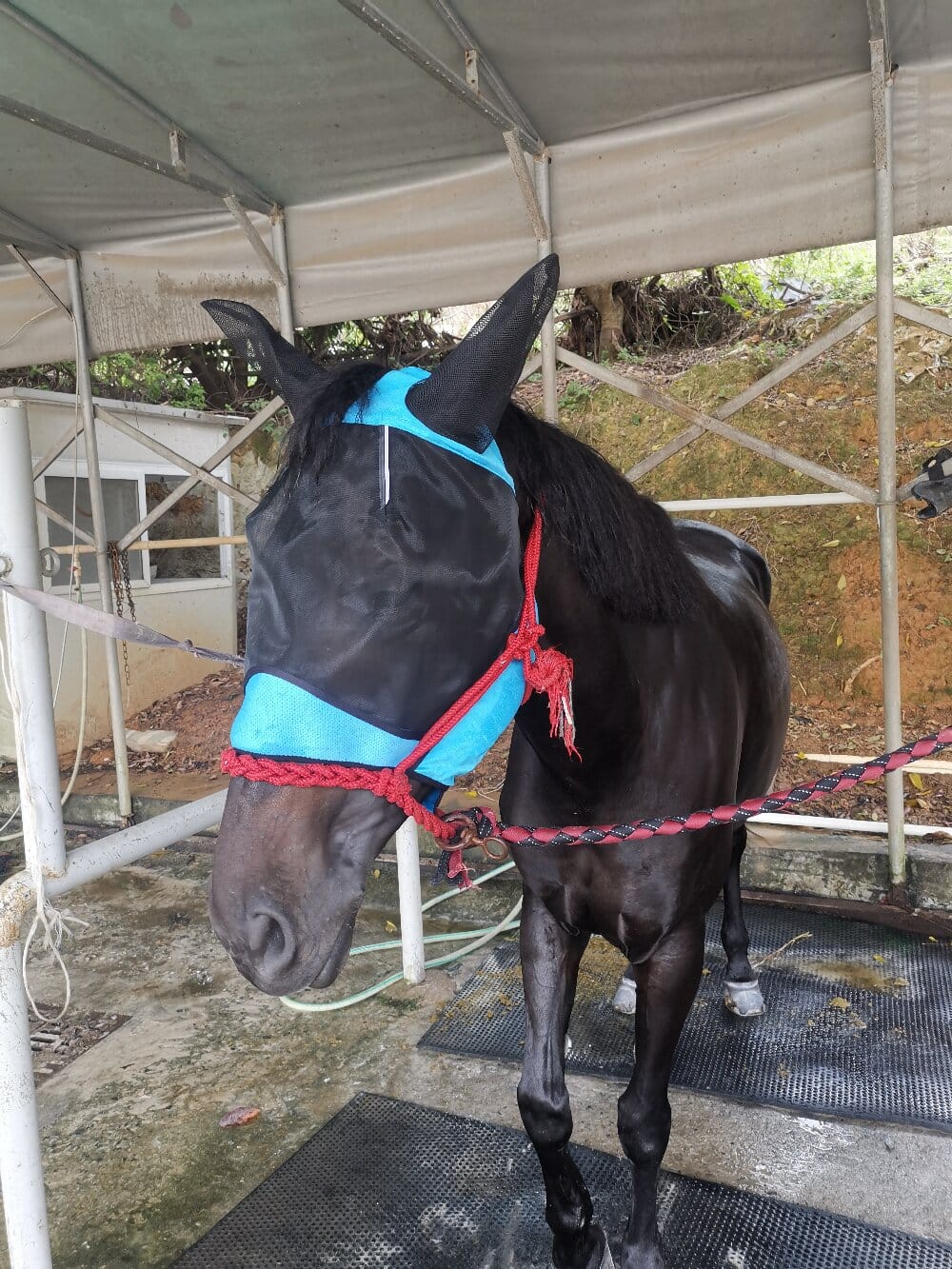A horse fly mask is an essential piece of equestrian gear designed to protect horses from pesky insects, particularly flies and other biting pests. These masks not only enhance the animal’s comfort but also prevent irritation, infections, and distractions during training or grazing. From a technical standpoint, the design, materials, and functionality of a fly mask play a crucial role in its effectiveness. Whether you’re a seasoned equestrian or a casual horse owner, understanding the nuances of these protective accessories can make a significant difference in your horse’s well-being.
The Anatomy of a High-Quality Horse Fly Mask
Not all fly masks are created equal. A well-designed horse fly mask should feature several key components to ensure optimal protection and comfort:
- Breathable Mesh Fabric: The primary material should allow airflow while blocking insects.
- UV Protection: Many masks include UV-resistant properties to shield the horse’s eyes and face from harmful sun rays.
- Adjustable Straps: Secure yet gentle straps prevent slippage without causing chafing.
- Extended Nose Coverage: Some models cover the muzzle for additional protection against flies.
- Ear Protection: Certain designs incorporate ear covers to deter insects from entering.
Why a Horse Fly Mask Matters for Equine Health
Beyond mere convenience, a fly mask for horses serves critical health functions. Flies and other insects can transmit diseases, cause allergic reactions, and lead to painful eye conditions like conjunctivitis. A properly fitted mask reduces these risks significantly. Additionally, horses that are constantly swatting at flies may develop stress-related behaviors, impacting their performance and overall temperament.
Choosing the Right Fly Mask: A Technical Breakdown
Selecting the best horse fly mask involves evaluating several technical aspects:
- Material Durability: Look for tear-resistant fabrics that withstand outdoor conditions.
- Fit and Sizing: Measure your horse’s head accurately to avoid gaps or tight spots.
- Visibility: Ensure the mesh doesn’t obstruct the horse’s vision.
- Ease of Cleaning: Machine-washable masks save time and maintain hygiene.
Common Misconceptions About Fly Masks
Some horse owners assume that fly masks are only necessary in summer or for horses with sensitive skin. However, flies can be active in various seasons, and all horses benefit from protection. Another myth is that masks impede a horse’s natural behavior—modern designs are lightweight and barely noticeable when fitted correctly.
Conclusion: The Smart Choice for Horse Owners
Investing in a high-quality horse fly mask is a small but impactful way to safeguard your horse’s health and comfort. By focusing on technical features like material, fit, and functionality, you can choose a mask that meets both practical and protective needs. Whether your horse spends hours in the pasture or competes in events, a well-designed fly mask ensures they stay focused, healthy, and irritation-free.

